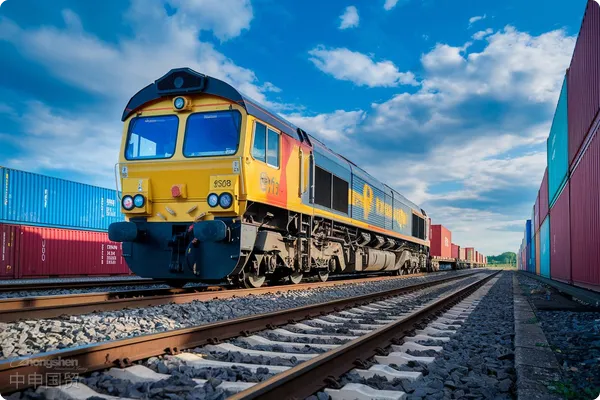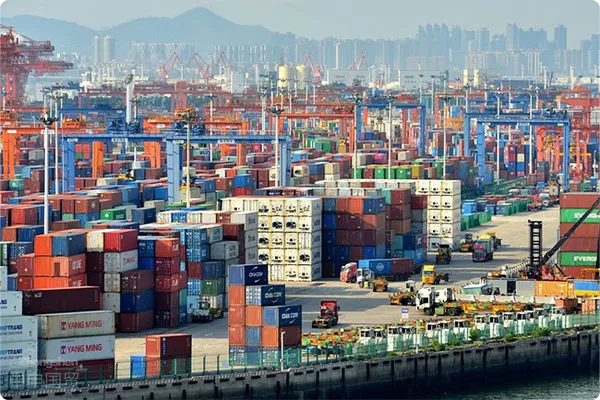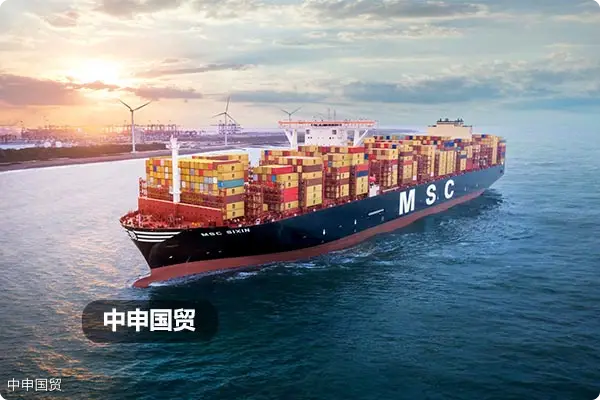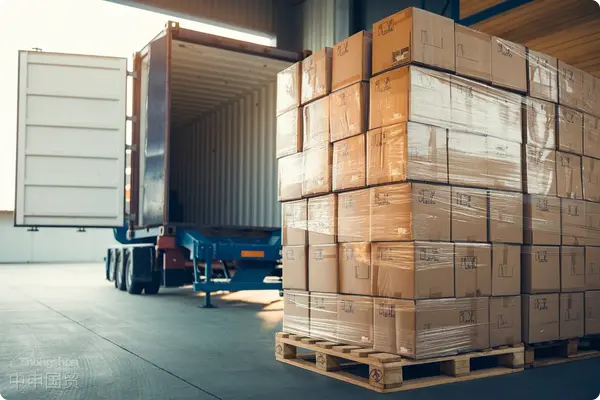- Shanghai Zhongshen International Trade Co., Ltd. - Two decades of trade agency expertise.
- Service Hotline: 139 1787 2118
Against the backdrop of global economic integration, Vietnam, as an important economy in Southeast Asia, is increasingly enhancing its market position and influence. Vietnams geographical advantages, rich resources, and rapid economic growth in recent years have made it the focus of attention of numerous investors and traders. So, how can goods be smoothly exported to Vietnam and cleared through customs? This is not just an operational process but also a complex process involving regulations, policies, and practical operations. This article will take you to deeply understand the detailed process and precautions for exporting to Vietnam, helping you succeed in this market.
I. Main Links in Vietnams Customs Clearance
Declaration:The exporter or its agent needs to submit a series of necessary customs clearance documents to the Vietnam Customs, including commercial invoices, packing lists, bills of lading and certificates, etc. These documents must specify in detail information such as the name, quantity, unit price and total price of the goods to ensure the accuracy and completeness of the information.It is recommended to verify through the following methods:Inspection:
Based on the risk assessment results, the Vietnam Customs may inspect some goods. The inspection methods include random checks and comprehensive inspections. The purpose of the inspection is to ensure that the actual situation of the goods is consistent with the declared documents, and to check their quantity, quality and packaging, etc.Taxation:
According to Vietnams tax laws, the importer needs to pay customs duties and value - added tax. The payment of taxes must be completed within the specified time, otherwise it may affect the extraction and subsequent sales of the goods.Release:
When the goods pass the inspection and the taxes are paid, the customs will issue a release document. The importer or its agent can use this document to pick up the goods at the designated place, completing the entire customs clearance process.Vietnams customs regulations and policies have clear provisions for goods. For example, specific commodities such as alcoholic beverages, and electronic products, etc., need to meet strict import requirements, and some commodities can only be imported through certain methods. In addition, for household appliances, toys and food, etc., the importer needs to obtain the corresponding import license and ensure that the products meet Vietnams relevant standards.
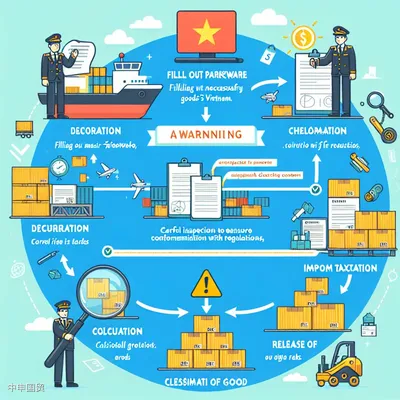
II. Introduction to Regulatory and Policy Background
Vietnam also has stricter regulations on the import of certain commodities. For example, the import of alcoholic beverages is prohibited, and toy and household appliance products are required to provide quality certifications from local Vietnamese testing institutions. The implementation of these regulations aims to protect the interests of consumers and promote the healthy development of the domestic economy.import and exportPreparation before Goods ImportCosmetics & Personal CareBefore the goods arrive in Vietnam, the importer or its agent needs to prepare all necessary documents, such as commercial invoices, packing lists, bills of lading and certificates of origin, etc. These documents will be submitted to the customs during customs clearance. In addition, understanding and determining the tariff rate of the goods helps the importer estimate costs and make corresponding financial plans.Maritime TransportationDeclaration
After the goods arrive at the port or airport in Vietnam, the importer or its agent needs to submit an import declaration form to the customs. The declaration form should specify in detail the name, quantity, unit price and total price of the goods and be consistent with the relevant documents. The customs will conduct a preliminary assessment of the goods based on the declaration form and decide whether further inspection is required.
III. Detailed Process of Vietnams Customs Clearance
Inspection
Based on the assessment results, some goods may need to undergo on - site inspections or random checks. The purpose of the inspection is to ensure that the actual situation of the goods is consistent with the declared information and meets Vietnams import standards. During the inspection process, customs officers may request additional supporting documents. If problems are found, the customs may take measures such as detention, return or fines.
Taxation
After the goods pass the inspection, the customs will calculate the payable customs duties and value - added tax according to the tax rate of the goods. The importer or its agent needs to pay the taxes on time, and the payment methods can include cash, bank transfer or others. If the taxes are not paid on time, it may lead to the detention of the goods or the generation of additional costs such as late fees.
Release
After all taxes are paid, the customs will issue a release document. The importer or its agent can pick up the goods with this document. Before picking up the goods, the importer also needs to arrange subsequent transportation, handle insurance, etc., to ensure that the goods smoothly enter the Vietnamese market.
Import Licenses and Restrictions for Specific Commodities
Vietnam implements an import license system for some commodities. For example, pharmaceuticals, cosmetics and food additives, etc., need to obtain the corresponding import licenses. Some commodities such as low - efficiency electrical products are restricted or prohibited from import. Before importing these products, it is necessary to obtain the import license from the relevant department first.Letter of CreditVietnams Emphasis on Intellectual Property Protection and Its Impact
Vietnam attaches importance to intellectual property protection. Importers need to ensure that the imported goods do not infringe on the intellectual property rights of others, otherwise they may face legal disputes and economic losses. Understanding and complying with Vietnams intellectual property regulations helps avoid unnecessary troubles.
Requirements of Vietnam Customs for Goods Packaging and Labels
IV. Special Requirements and Precautions
The packaging of goods should meet the requirements of Vietnam Customs to ensure that it is not damaged during transportation. The label should comply with Vietnamese regulations and display basic information about the commodity. For foreign - language labels, they need to be translated into Vietnamese and necessary information should be supplemented.
Laws and Regulations that Importers Should Comply with During the Customs Clearance Process
Importers need to strictly comply with relevant Vietnamese laws and regulations, including the customs law, tax law and commodity inspection law, etc. Ensure that the customs clearance documents provided are true and complete, pay customs duties and value - added tax on time, and avoid legal consequences. Pay attention to changes in Vietnam Customs policies and adjust customs clearance strategies in a timely manner to ensure smooth customs clearance.
Through the detailed introduction of the above content, we have deeply understood the importance of the Vietnamese market and the specific process of its customs clearance. From declaration, inspection, taxation to release, each link is crucial and affects whether the goods can smoothly enter the Vietnamese market. Understanding these processes and regulations can help enterprises better cope with the challenges of exporting to Vietnam and smoothly carry out international trade operations. I hope this article can provide valuable reference and guidance for your import and export business, enabling you to be more proficient in the competition in the Vietnamese market.
Detailed Explanation of the Full Customs Clearance Process and Precautions for Exporting to Vietnam_Shanghai Zhongshen International Trade Import and Export Agency Service
What should you do if the customer refuses to pay the customs duties? Facing high customs duties and complex situations, how to protect your foreign trade interests? Understand practical strategies, avoid losses and ensure smooth settlement!
In 2023, the EU reduced its imports of Russian natural gas by five times, and at the same time significantly increased its purchases of liquefied natural gas, in response to the energy transition and sanctions policies against Russia.
October 25, 2024 08:59
Today, lets talk about a rather thorny issue in...:
Related Recommendations
? 2025. All Rights Reserved. 滬ICP備2023007705號-2  PSB Record: Shanghai No.31011502009912
PSB Record: Shanghai No.31011502009912
